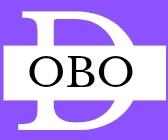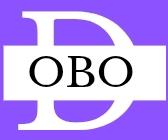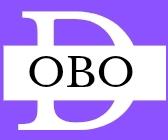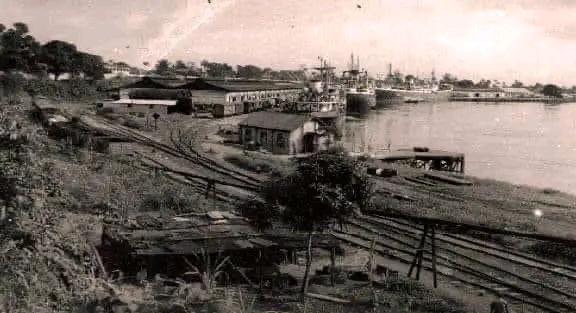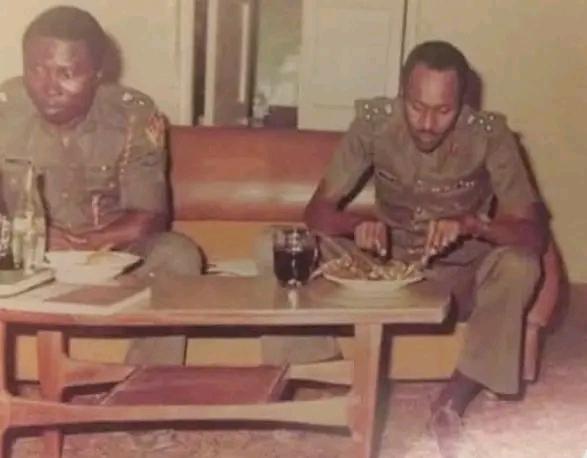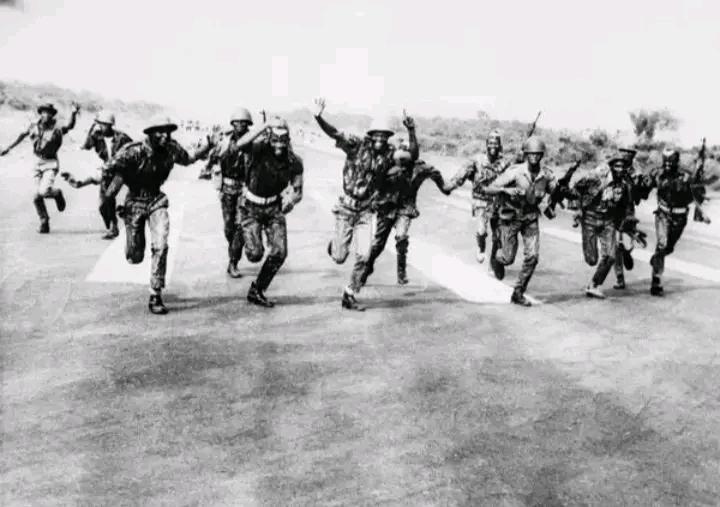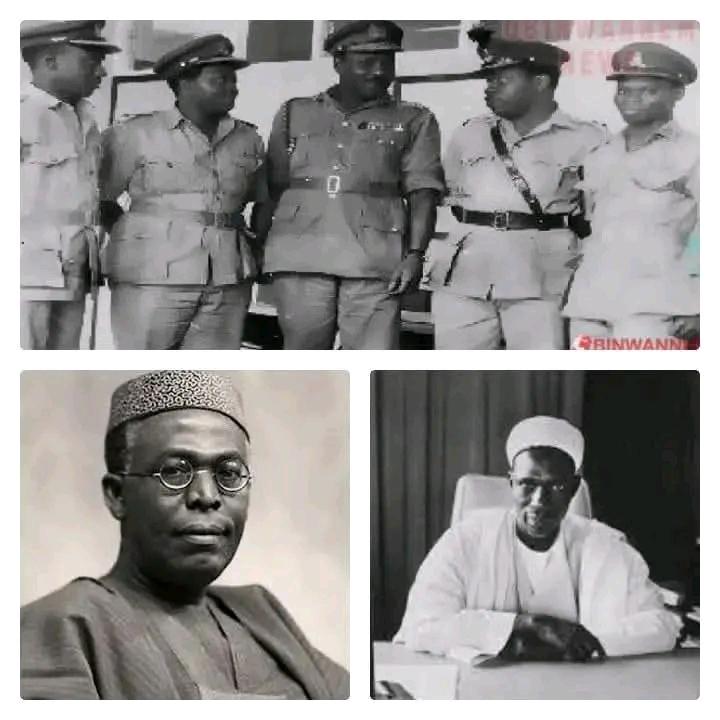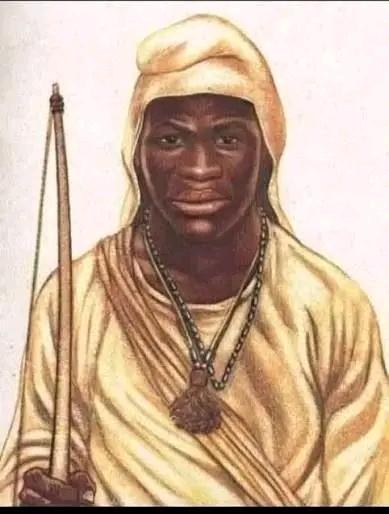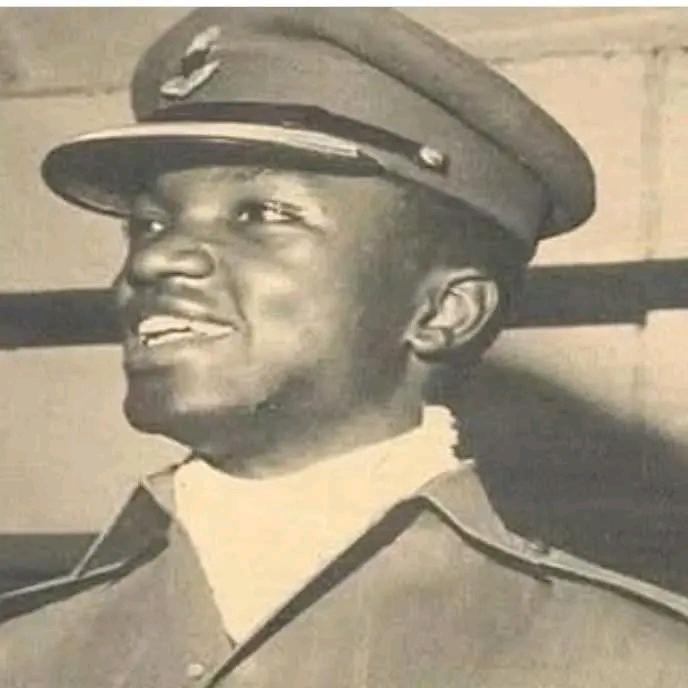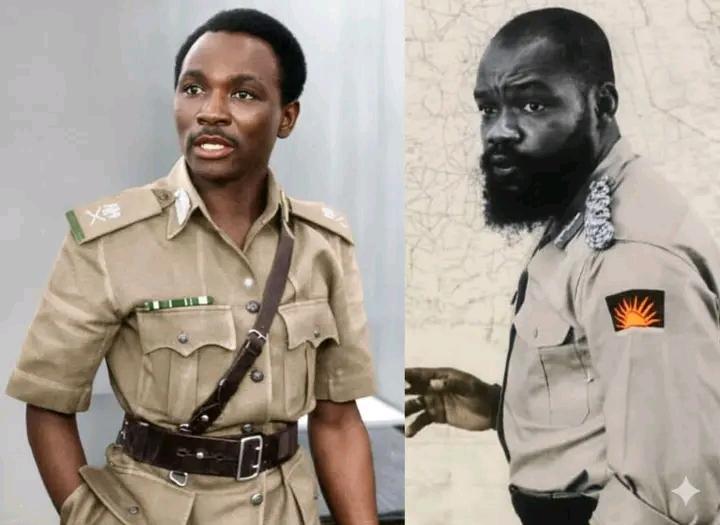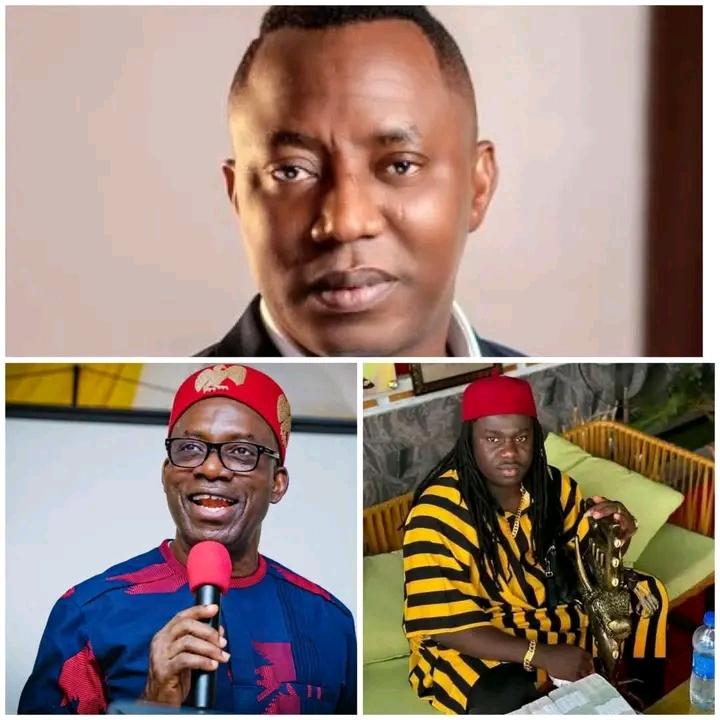How Coal in Enugu led to creation of Port Harcourt- (Rivers state Nigeria )
The city now known as Port Harcourt, capital of Rivers State in Southern Nigeria, was originally called Iguocha—a name believed to derive from the Igbo expression “Ụ́gwụ́ Ọ́chá,” often interpreted as “Bright Hill” or “White Ridge.” When the British colonial administration sought a coastal outlet for exporting the newly discovered coal deposits in Enugu (found in 1909), they established a port city along the Bonny River. In 1913, Governor-General Lord Frederick Lugard renamed the area Port Harcourt in honor of Lord Lewis Vernon Harcourt (1863–1922), the then Secretary of State for the Colonies. Its primary purpose was to serve as the export terminal for Enugu coal to Britain.
Historical Relationship Between Port Harcourt and the Igbo People
• Early Settlement and Cultural Links:
Before colonial development, the area now called Port Harcourt and its surrounding villages were inhabited by communities with deep cultural and commercial ties to the Ikwerre, an ethnic group whose language and cultural patterns show strong historical connections to the wider Igbo cultural sphere. Many scholars consider the Ikwerre to be part of the larger Igboid linguistic group.
• Igbo Migration and Urban Growth:
As the port city expanded under colonial rule, thousands of Igbo people from various regions—particularly from Imo, Abia, and Anambra—migrated to Iguocha/Port Harcourt in search of work in railways, docks, coal transport, and emerging industries. By the mid-20th century, Igbo traders, artisans, and professionals played a major role in shaping the city’s commercial identity.
• The Railway Connection:
The Enugu–Port Harcourt railway, completed between 1913 and 1916, linked the Igbo hinterland directly to the coast. This line strengthened the economic integration between Igbo populations and the growing port city, making Port Harcourt a strategic lifeline for Eastern Nigeria.
• Cultural Influence:
Markets, festivals, and social institutions in early Port Harcourt bore strong Igbo influences, as Igbo-speaking populations became an essential part of the city’s demographic and economic structure.
The city now known as Port Harcourt, capital of Rivers State in Southern Nigeria, was originally called Iguocha—a name believed to derive from the Igbo expression “Ụ́gwụ́ Ọ́chá,” often interpreted as “Bright Hill” or “White Ridge.” When the British colonial administration sought a coastal outlet for exporting the newly discovered coal deposits in Enugu (found in 1909), they established a port city along the Bonny River. In 1913, Governor-General Lord Frederick Lugard renamed the area Port Harcourt in honor of Lord Lewis Vernon Harcourt (1863–1922), the then Secretary of State for the Colonies. Its primary purpose was to serve as the export terminal for Enugu coal to Britain.
Historical Relationship Between Port Harcourt and the Igbo People
• Early Settlement and Cultural Links:
Before colonial development, the area now called Port Harcourt and its surrounding villages were inhabited by communities with deep cultural and commercial ties to the Ikwerre, an ethnic group whose language and cultural patterns show strong historical connections to the wider Igbo cultural sphere. Many scholars consider the Ikwerre to be part of the larger Igboid linguistic group.
• Igbo Migration and Urban Growth:
As the port city expanded under colonial rule, thousands of Igbo people from various regions—particularly from Imo, Abia, and Anambra—migrated to Iguocha/Port Harcourt in search of work in railways, docks, coal transport, and emerging industries. By the mid-20th century, Igbo traders, artisans, and professionals played a major role in shaping the city’s commercial identity.
• The Railway Connection:
The Enugu–Port Harcourt railway, completed between 1913 and 1916, linked the Igbo hinterland directly to the coast. This line strengthened the economic integration between Igbo populations and the growing port city, making Port Harcourt a strategic lifeline for Eastern Nigeria.
• Cultural Influence:
Markets, festivals, and social institutions in early Port Harcourt bore strong Igbo influences, as Igbo-speaking populations became an essential part of the city’s demographic and economic structure.
How Coal in Enugu led to creation of Port Harcourt- (Rivers state Nigeria 🇳🇬 )
The city now known as Port Harcourt, capital of Rivers State in Southern Nigeria, was originally called Iguocha—a name believed to derive from the Igbo expression “Ụ́gwụ́ Ọ́chá,” often interpreted as “Bright Hill” or “White Ridge.” When the British colonial administration sought a coastal outlet for exporting the newly discovered coal deposits in Enugu (found in 1909), they established a port city along the Bonny River. In 1913, Governor-General Lord Frederick Lugard renamed the area Port Harcourt in honor of Lord Lewis Vernon Harcourt (1863–1922), the then Secretary of State for the Colonies. Its primary purpose was to serve as the export terminal for Enugu coal to Britain.
Historical Relationship Between Port Harcourt and the Igbo People
• Early Settlement and Cultural Links:
Before colonial development, the area now called Port Harcourt and its surrounding villages were inhabited by communities with deep cultural and commercial ties to the Ikwerre, an ethnic group whose language and cultural patterns show strong historical connections to the wider Igbo cultural sphere. Many scholars consider the Ikwerre to be part of the larger Igboid linguistic group.
• Igbo Migration and Urban Growth:
As the port city expanded under colonial rule, thousands of Igbo people from various regions—particularly from Imo, Abia, and Anambra—migrated to Iguocha/Port Harcourt in search of work in railways, docks, coal transport, and emerging industries. By the mid-20th century, Igbo traders, artisans, and professionals played a major role in shaping the city’s commercial identity.
• The Railway Connection:
The Enugu–Port Harcourt railway, completed between 1913 and 1916, linked the Igbo hinterland directly to the coast. This line strengthened the economic integration between Igbo populations and the growing port city, making Port Harcourt a strategic lifeline for Eastern Nigeria.
• Cultural Influence:
Markets, festivals, and social institutions in early Port Harcourt bore strong Igbo influences, as Igbo-speaking populations became an essential part of the city’s demographic and economic structure.
0 Comments
·0 Shares
·949 Views
·0 Reviews
